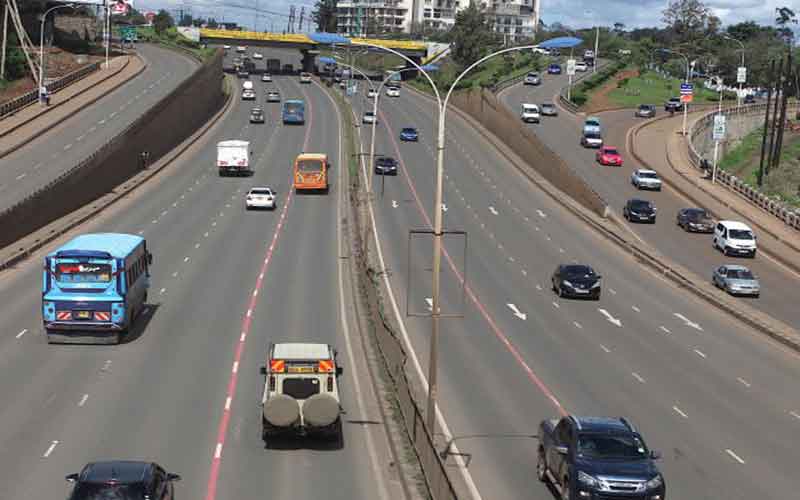×
The Standard e-Paper
Home To Bold Columnists

Thika Superhighway, one of the busiest highways in the country. The government plans to invest more in the building of roads.[Wilberforce Okwiri, Standard]
More infrastructural projects are on the way after the Department of Infrastructure received Sh189.5 billion, one of the largest allocations.